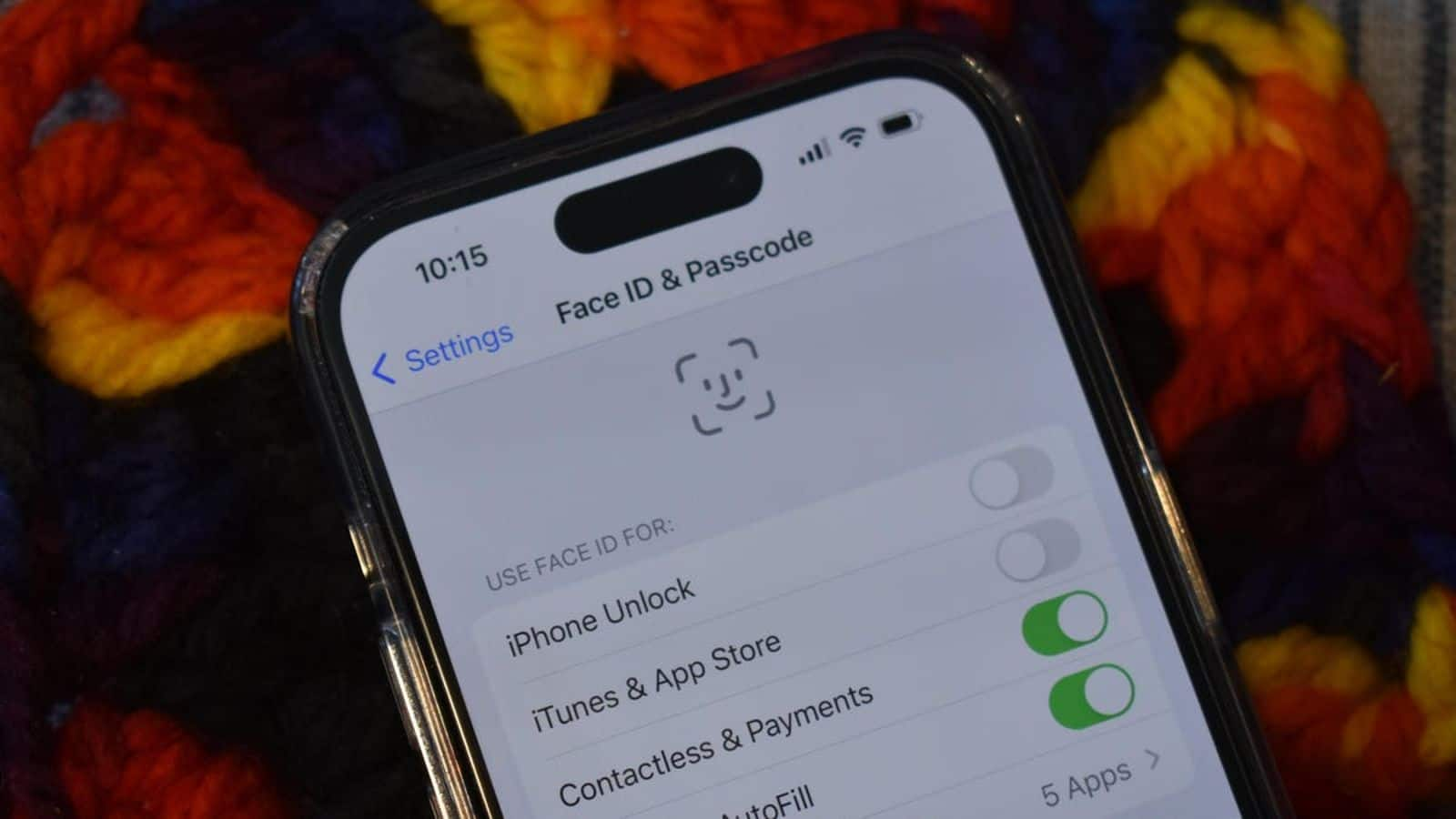
Why you should not use face, thumb to unlock phones
What's the story
A recent ruling by the 9th Circuit Court of Appeals in California has ignited a debate on the legality and privacy implications of biometric phone unlocking.
The case, United States v. Jeremy Travis Payne, involved state highway police, unlocking a suspect's phone using his fingerprint.
The court ruled that this action did not violate Payne's rights as defined by the 4th and 5th Amendments.
Worry
Concerns about biometric unlocking
The court's decision has sparked questions about the use of biometrics such as face ID and thumbprint unlock features.
While these features provide convenience, they could potentially expose users' entire digital lives to law enforcement.
This concern is particularly pertinent for groups frequently interacting with law enforcement, like protesters.
Recent incidents involving mass arrests of students and tech workers protesting against certain political issues have highlighted these potential risks.
Case specifics
The ruling does not establish a new precedent
The ruling in Payne's case was specific to its circumstances and does not necessarily establish a new legal precedent.
However, it underscores that the debate surrounding the 5th Amendment as well as biometrics is far from over.
The complexity of the case was further compounded by Payne's parole status at the time of his arrest in 2021, which involved allegations of narcotics possession.
Claim
'Unlocking phone using biometrics requires no cognitive effort'
The court panel justified their decision by arguing that unlocking a phone using biometrics required no cognitive effort from the user, likening it to a blood draw or fingerprint taken at booking.
This argument has been a point of contention in discussions about police, biometrics, and phones.
In response to these concerns, digital rights group Electronic Frontier Foundation (EFF) advises individuals to disable thumbprint or face unlock features before attending protests.